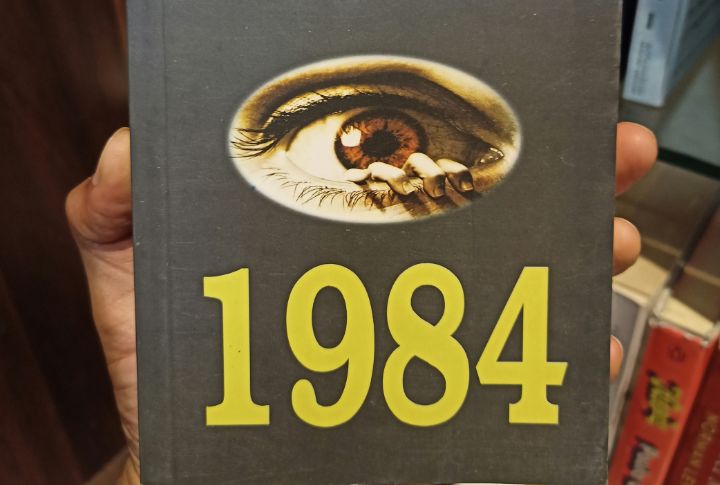
Some stories get silenced, not because they lack value but because they hit too close to the truth. Across the decades, these controversial books have stirred debates and shaped our thinking about society. Read them not just for their words but for the power they still carry. Here are 20 that matter most.
“To Kill A Mockingbird” By Harper Lee

Banned for its language and racial topics, this novel is widely taught in U.S. schools. It explores justice and moral growth in the American South. Its courtroom scenes and perspective from a child narrator make it a critical part of American literary education.
“1984” By George Orwell

This dystopian novel, which explores surveillance and manipulated truth, has been banned due to political reasons. Its warnings about authoritarianism are often referenced in political debates. “Big Brother,” “thoughtcrime,” and “doublethink” have become part of everyday language through this story’s profound cultural influence.
“Beloved” By Toni Morrison
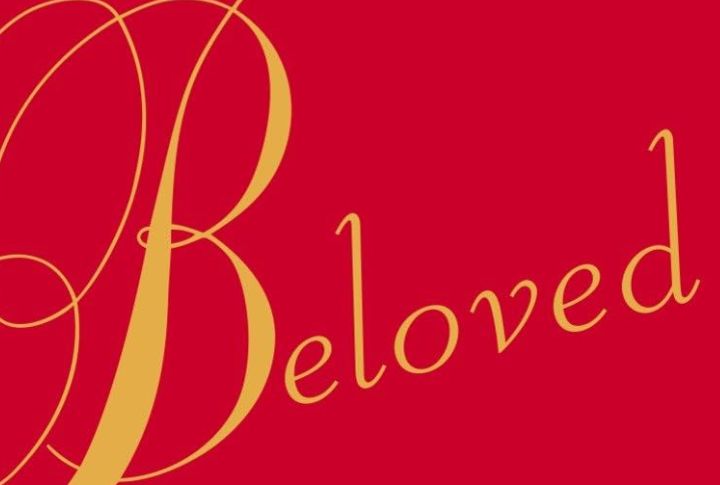
Frequently challenged by intense themes and complex history, the novel explores family and the long-term effects of injustice. Often included in high school and college curricula, it earned Morrison a Pulitzer and sparked ongoing discussion about the impact of historical trauma on generations.
“Brave New World” By Aldous Huxley
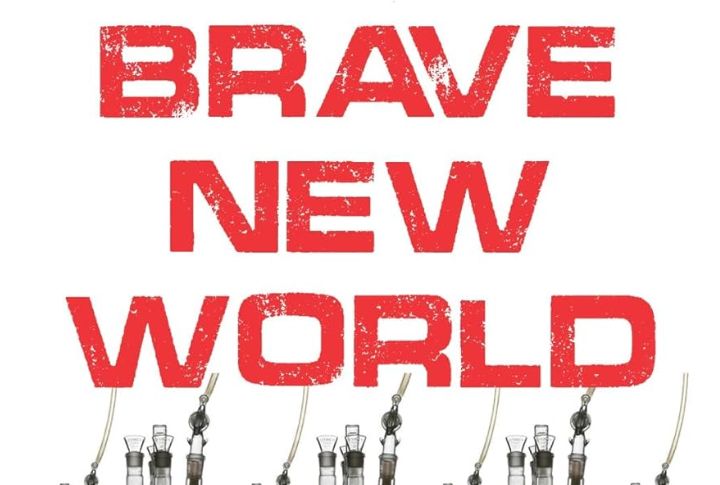
Challenged for its portrayal of a dystopian society that challenges familial and religious values, the story portrays a society where comfort replaces freedom. Its relevance has grown in an age of screens. Huxley’s imagined future continues to influence how modern readers evaluate personal autonomy and mass culture
“Fahrenheit 451” By Ray Bradbury
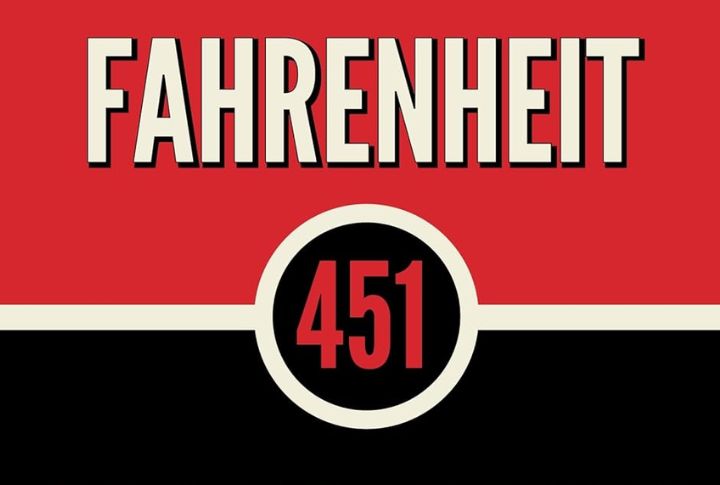
A future where firemen burn books instead of saving them sounds extreme, but Bradbury used it to explore censorship and intellectual decay. Despite being censored, the narrative now appears on many U.S. reading lists as a direct warning against thought control.
“The Hate U Give” By Angie Thomas
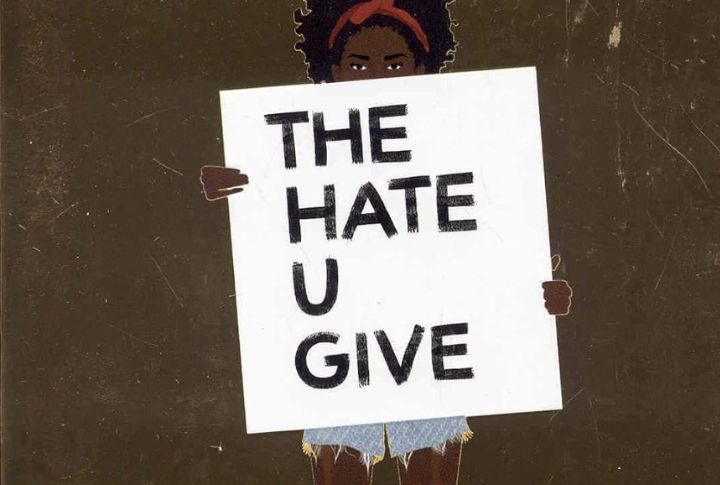
Removed from some school libraries due to strong language, this contemporary novel follows a teen who becomes an activist after witnessing a tragic event. Its story bridges community, justice, and youth identity, bringing urgent real-world issues into classroom discussions across the country.
“Gender Queer” By Maia Kobabe
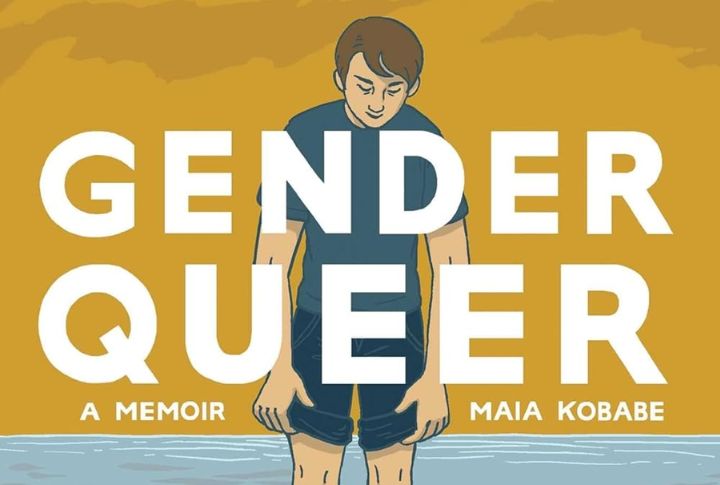
This graphic memoir was one of the most challenging titles in recent years. Through illustration and reflection, it covers personal discovery and expression. School districts debated its inclusion, which placed it at the center of national conversations about representation and the limits of policy.
“Of Mice And Men” By John Steinbeck
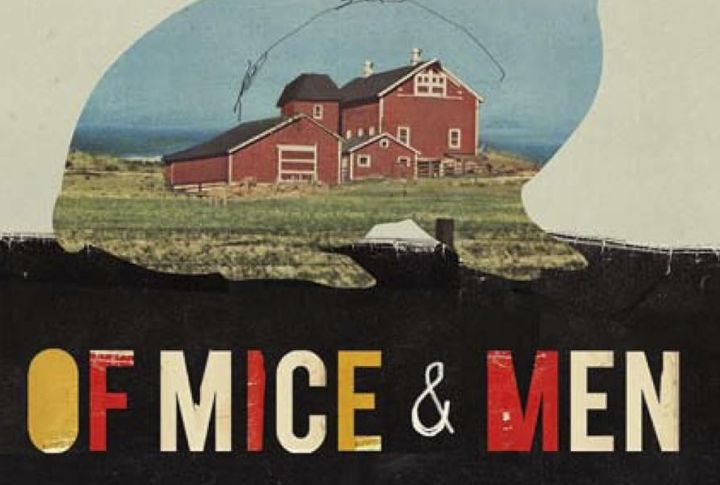
Regularly challenged for offensive language and mature topics, this Depression-era narrative captures the fragility of dreams. Despite repeated bans, it remains a literary touchstone in middle and high school curricula, especially for teaching character-driven plots and historical context in short form.
“Lord Of The Flies” By William Golding
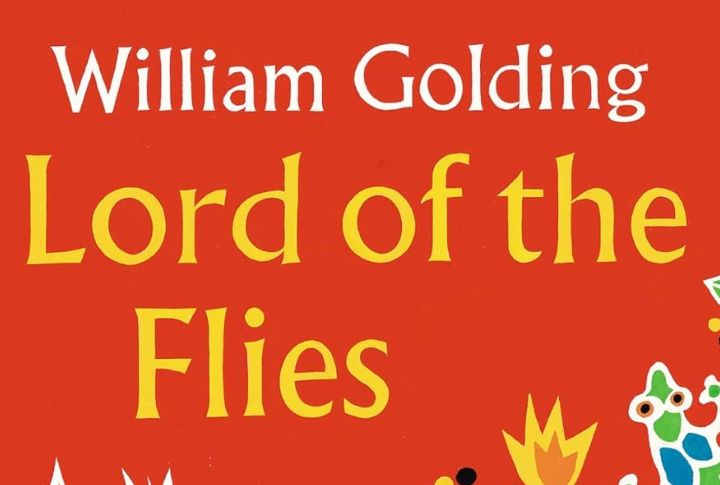
This survival tale of boys stranded on an island was banned for its violence and dark themes. Students still read it to discuss human behavior. It’s a striking entry point for exploring how societal order collapses without shared values or structure.
“The Handmaid’s Tale” By Margaret Atwood
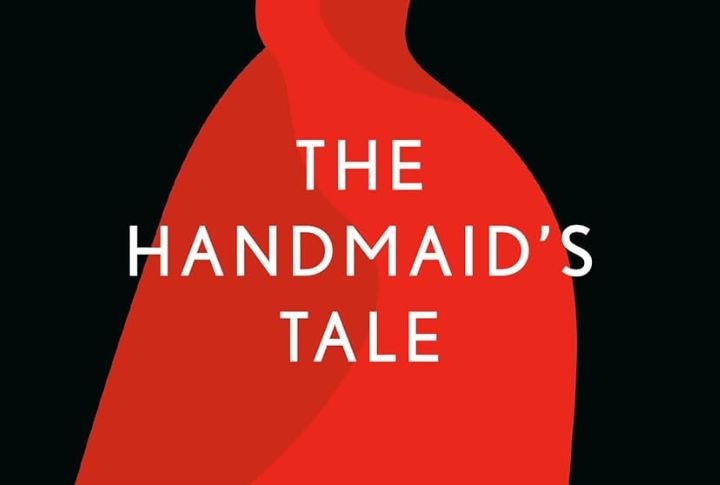
Atwood imagined a totalitarian society with extreme social control. Often removed for language and adult themes, her dystopia gained renewed attention in modern politics. Educators continue using it to discuss freedom and how legal systems can shape public and private life.
“The Color Purple” By Alice Walker

Pulled from school shelves due to language and complex relationships, Walker’s novel focuses on personal growth and family dynamics. Through letter-format storytelling, it centers marginalized voices left out of historical literature. Its legacy is rooted in the power of expression and resilience.
“Slaughterhouse-Five” By Kurt Vonnegut

Blending science fiction and autobiography, this novel has been challenged for mature themes, including rough language and anti-conflict sentiment. It chronicles wartime experiences with satire and surrealism. Educators value it for raising questions about memory, perspective, and how individuals mentally explore major historical events.
“The Kite Runner” By Khaled Hosseini

Often removed from libraries for cultural and emotional intensity, this narrative of friendship and responsibility introduced many American students to Afghan history. Its global perspective makes it stand out in classrooms. Themes of loyalty and reconciliation continue to resonate across generations.
“I Know Why The Caged Bird Sings” By Maya Angelou

The memoir was targeted for being too candid. It traces Angelou’s early life and literary awakening. Many schools have fought to keep it in the curriculum due to its lyrical prose and focus on developing strength through storytelling and self-expression.
“Native Son” By Richard Wright
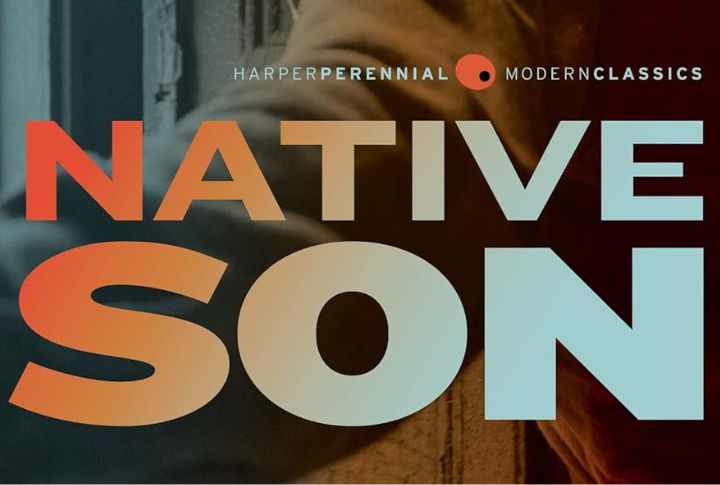
Criticized for its direct tone and intensity, Wright’s work spotlights economic hardship and racial injustice. The novel helped launch new conversations about equity in education and society. Today, it’s referenced in both legal studies and African American literature courses nationwide.
“Go Ask Alice” By Anonymous

Frequently pulled from shelves, this fictional diary outlines a teen’s emotional spiral. Controversial for its depiction of risky decisions, it was widely assigned in the 1970s and 1980s as part of public awareness efforts. Its status remains debated among educators and parents alike.
“In The Dream House” By Carmen Maria Machado

Machado’s memoir defies convention through fragmented storytelling and genre shifts. It examines identity through motifs like fairy tales, legal documents, and architecture. The narrative challenges the traditional memoir format, making it a standout text in discussions about personal truth and literary experimentation.
“The Absolutely True Diary Of A Part-Time Indian” By Sherman Alexie

This illustrated coming-of-age story follows a Native American teen navigating life between reservation and public school. Removed for language and jokes, it remains popular for its humor and cultural insight. Students relate to its struggles with belonging and educational access.
“Bless Me, Ultima” By Rudolfo Anaya

Set in rural New Mexico, this coming-of-age novel combines spiritual journey and cultural tradition. It faced challenges due to its portrayal of beliefs and rituals. Its lasting impact comes from bringing Chicano literature into the spotlight and honoring regional stories ignored in national education.
“Persepolis” By Marjane Satrapi

This graphic memoir explores childhood during the Iranian Revolution. Challenged for political commentary and stark imagery, it offers an accessible lens into global conflict. U.S. classrooms have adopted it as a gateway into historical inquiry and cultural understanding beyond Western perspectives.

